I see so many people who come in and present with fatigue, moodiness, distracted from their everyday tasks and just run-down. If this sounds like you, you’re probably experiencing some form of brain fog. I talk a lot about how society has changed with the technology and the internet allowing us to communicate instantly, but with that comes the pressure of replying quickly too. We are becoming a fast-paced, over-worked population that needs to step back and take some time for self – a term I like to call “proper selfishness”.
This pace of life leads to a high percentage of people that suffer from high amounts of stress, lack of sleep, caffeine and sugar overload and nutrient deficiencies. Brain fog is just one side effect of this fast-paced lifestyle. I know I”ve been guilty of reaching for something quick and convenient when super busy only to find my choices are all processed and factory made foods for the most part devoid of nutrients to support the body let alone support brain health. The brain relies on a steady stream of vitamins, minerals, essential fats, amino acids and glucose along with rest time. When that doesn’t happen, clear thinking can be impaired.
If you’re wondering if you truly suffer from brain fog, here are some symptoms:
- low energy
- anxiety
- trouble concentrating
- poor memory
- forgetfulness
- low motivation/mild depression
- confusion
- headaches
- difficulty exercising
So, what can you do? Here are some simple changes that you can make to keep yourself sharp and on top of your game:
Reduce your Sugars – Sugar is the hidden enemy as it’s loaded into many foods. When looking at labels you should beware of buying any food if it has more than 10 grams of sugar per 100 grams, (and that’s being somewhat generous). Most of the packaged and processed foods not only have more than enough sugar, but also artificial flavours, colors and additives that the body doesn’t recognise when it comes to digestion. I know what you’re thinking – 3-4 pm roles around and you’re tired and want a sugar fix! Yes, that sugar may make you feel more energetic and happy at first, but ultimately that sugar craving robs you of steady focus and energy. Instead, I would suggest focusing on an unprocessed snack such as a few bliss balls, hard boiled egg, a handful of nuts or piece of fruit. Overall women should have 25-30 grams of sugar daily, (6 ts) and men 35-40 grams daily (9 ts)
Eat up your healthy Fats with Protein – Our brain needs fat to function properly, and too many people are under the false belief that fat makes you fat…false! We need natural sources of fats such as nuts, seeds, fatty fish, avocados and healthy oils to make all the brain chemicals to think clearly and produce adequate happiness hormones. If we are deficient in fatty acids, then we can suffer from depression, cognitive decline and many other disorders. Protein deficiency can also stop the brain from pumping out enough of the hormones we need that support a positive mindset. Essential amino acids from complete protein sources like meat, dairy, eggs and fish help keep the brain happy. Keep in mind that 30-40% of your diet should come from healthy fats and 20-30% from quality protein.
Manage that stress – Step back and prioritise and see what is really important. Do you need to respond to that person right away? Can parts of that to-do list wait a few days? Are you letting people get to you that shouldn’t have that kind of grip on your thoughts? Too much of the stress hormone cortisol leads to hormonal imbalances, weight gain, depression, insomnia and nutrient deficiencies. Take that time daily to do something you love, preferably something that is proven to reduce stress such as: praying, reading, meditating, journaling your thoughts/concerns and being outside. When you find an activity you really love, your body will produce more of the happy hormone dopamine, which also helps you feel focused and inspired.
Get Your Z’s –
A sure-fire quick way to help improve brain fog is by getting a better nights sleep! Everyone needs different amounts of sleep to function well, but in general you should at least get seven hours for the hormones in your brain to stay in balance. Being exhausted from lack of sleep is like being drunk, and can lead to food cravings, increased hunger and sporadic emotions. Lack of sleep increases that stress hormone cortisol too, which can make you more cranky. Cortisol also suppresses dopamine levels and serotonin, (your happiness hormone).
Check for Food Sensitivities – food sensitivities are far too common today and you may not even know you have one! Sometimes we can get symptoms such as gas, bloating or stomach pain but not always. When one suffers a food sensitivity for some time, they can experience gut issues that impact the brain. When the gut bacteria is impacted from poor food choices and sensitivities, then nutrient absorption is impaired. If you’re not absorbing nutrients from your food, then your cells can’t be fed properly and therefore it impacts the entire body. Food allergy tests through blood or hair are recommended. The most common ones being: gluten, wheat, dairy, sugar and yeast.
Lastly, I just want to mention that common medications such as: blood pressure meds, antidepressants and sleep aids can also lead to a foggy brain. Many medications deplete important nutrients from the body and can impair proper hormone function. Just be aware of any changes to your energy levels, sleep patterns or moods once you start any medications and ensure you talk to your doctor.


